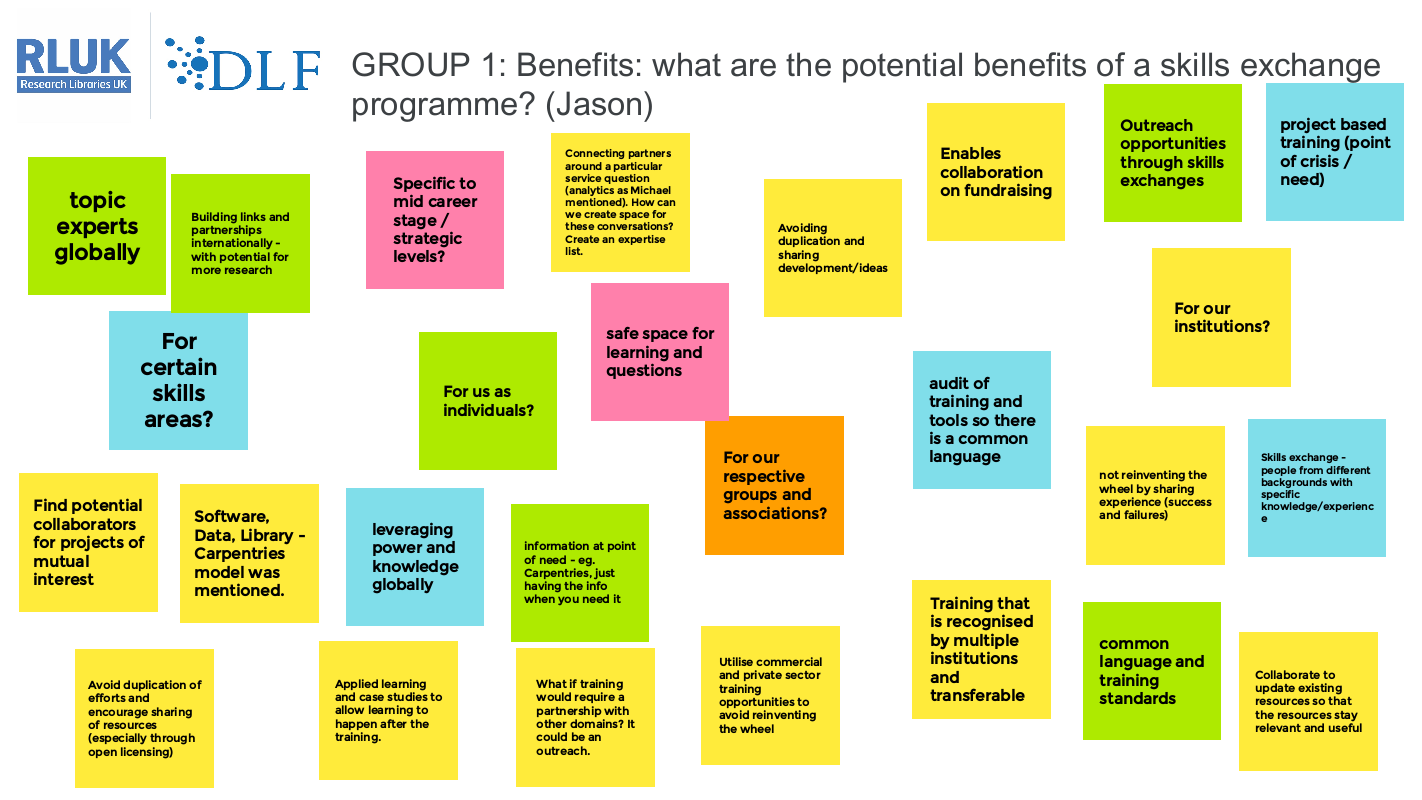Project MUSE: Cultivating Shared Experiences Through Digital Scholarship

Table of Contents
Enhanced Access to a Vast Collection of Scholarly Resources
Project MUSE provides unparalleled access to a diverse range of peer-reviewed journals, academic articles, research papers, and e-books. Its extensive online databases serve as a comprehensive digital library, offering a wealth of information across numerous disciplines. This expansive collection is a key element of its contribution to digital scholarship.
-
Unparalleled breadth of disciplines: Project MUSE journals cover a vast spectrum of academic fields, from literature and history to the sciences and social sciences, ensuring researchers can find relevant materials regardless of their specialization. This interdisciplinary nature fosters connections between seemingly disparate fields of study.
-
Intuitive search functionality: The platform boasts sophisticated search capabilities, allowing scholars to efficiently locate specific articles, authors, or keywords. Advanced search filters and subject classifications further refine search results, saving researchers valuable time and effort in their research.
-
Seamless integration with library systems: Project MUSE integrates seamlessly with library systems, providing students and faculty with easy access through their institutional accounts. This streamlined access ensures that the valuable resources are readily available to those who need them most, maximizing the impact of the collection.
-
Flexible subscription options: Project MUSE offers both individual and institutional subscription options, catering to the diverse needs of researchers and academic institutions. This flexibility ensures broad accessibility regardless of individual or institutional resources.
-
Continuously updated content: The collection is regularly updated, guaranteeing the information remains current and relevant, reflecting the dynamic nature of the academic landscape. This ensures that researchers always have access to the latest findings and developments in their fields.
Fostering Collaboration and Community Building
Project MUSE goes beyond simply providing access to scholarly resources; it actively fosters collaboration and community building among researchers. Its structure encourages the sharing of knowledge and the development of new research networks. This aspect of Project MUSE is crucial for advancing digital scholarship.
-
Facilitating Connections: The platform’s design inherently facilitates connections between researchers. The ability to easily access and cite articles from the same collection naturally encourages dialogue and shared research.
-
Encouraging Interdisciplinary Collaboration: The breadth of disciplines covered on Project MUSE enables interdisciplinary collaborations, bringing together scholars from various fields to tackle complex research questions. This cross-pollination of ideas leads to innovative research approaches and breakthroughs.
-
Opportunities for Knowledge Sharing: While currently lacking dedicated discussion forums, the nature of readily available research facilitates knowledge sharing through citation and reference. Future implementation of such features could further amplify this collaborative aspect.
-
Author-Reader Engagement: Project MUSE provides avenues for authors to engage with their readers, fostering a more dynamic and interactive scholarly environment. This direct connection can lead to valuable feedback and enrich the research process.
-
Potential for Data Visualization and Analytics: The platform could be enhanced with data visualization and analytic tools, allowing collaborative exploration of research data and furthering the collaborative research efforts.
Supporting Open Access Initiatives
Project MUSE’s role in supporting open access (OA) initiatives is vital for expanding the reach of scholarly work. While not exclusively an OA platform, its increasing inclusion of OA journals and articles signals a commitment to broader access and increased research impact.
-
Increasing OA Content: The inclusion of more open-access journals and articles directly supports the goals of the OA movement, increasing the visibility and accessibility of research findings.
-
Impact of OA on Research Dissemination: The open access model facilitates broader dissemination of research, increasing its impact and influence within the academic community and beyond.
-
Challenges and Opportunities: Project MUSE’s continued evolution in the landscape of open access publishing presents both challenges and opportunities for maximizing its reach and impact. Balancing subscription models with OA access requires strategic planning and a commitment to scholarly communication.
Innovative Tools for Digital Scholarship
Project MUSE, while primarily a repository of scholarly resources, can leverage digital tools to further enhance its role in supporting digital scholarship.
-
Integration of Advanced Search and Filtering: The existing sophisticated search and filtering capabilities are a testament to the platform’s commitment to providing researchers with efficient and effective tools.
-
Enhanced Collaboration Tools: Implementing features like collaborative annotation, real-time co-authoring, or integrated communication tools would significantly improve collaborative research workflows.
-
Data Analysis and Visualization: The integration of data analysis and visualization tools would allow researchers to explore and interpret data directly within the platform, improving the research process.
Conclusion
Project MUSE significantly contributes to the advancement of digital scholarship by providing unparalleled access to a vast collection of scholarly resources, fostering collaborative research, and incorporating (or having the potential for) innovative tools. Its commitment to expanding scholarly communication transcends traditional boundaries, creating a vibrant ecosystem of knowledge sharing. Project MUSE’s future lies in further embracing open access initiatives and integrating more advanced collaborative digital tools.
Call to Action: Discover the transformative potential of Project MUSE and explore how it can enhance your own digital scholarship journey. Visit [Project MUSE website link] to access this invaluable resource and unlock a world of collaborative research opportunities.

Featured Posts
-
 Italys Hidden Gem Little Tahiti Beach Guide
May 01, 2025
Italys Hidden Gem Little Tahiti Beach Guide
May 01, 2025 -
 Unlocking The Health Benefits Of Asparagus A Nutritional Analysis
May 01, 2025
Unlocking The Health Benefits Of Asparagus A Nutritional Analysis
May 01, 2025 -
 Prince William And Kates Initiative Announces New Partnership
May 01, 2025
Prince William And Kates Initiative Announces New Partnership
May 01, 2025 -
 Il 22 Settembre Inizia L Appello Nel Processo Becciu
May 01, 2025
Il 22 Settembre Inizia L Appello Nel Processo Becciu
May 01, 2025 -
 Agha Syd Rwh Allh Mhdy Bharty Hkwmt Ky Kshmyr Palysy Pr Tnqyd
May 01, 2025
Agha Syd Rwh Allh Mhdy Bharty Hkwmt Ky Kshmyr Palysy Pr Tnqyd
May 01, 2025
